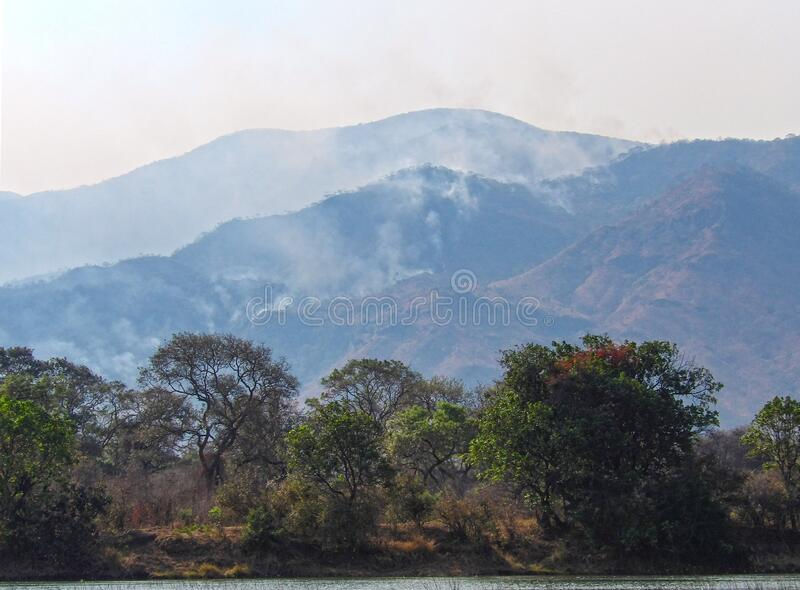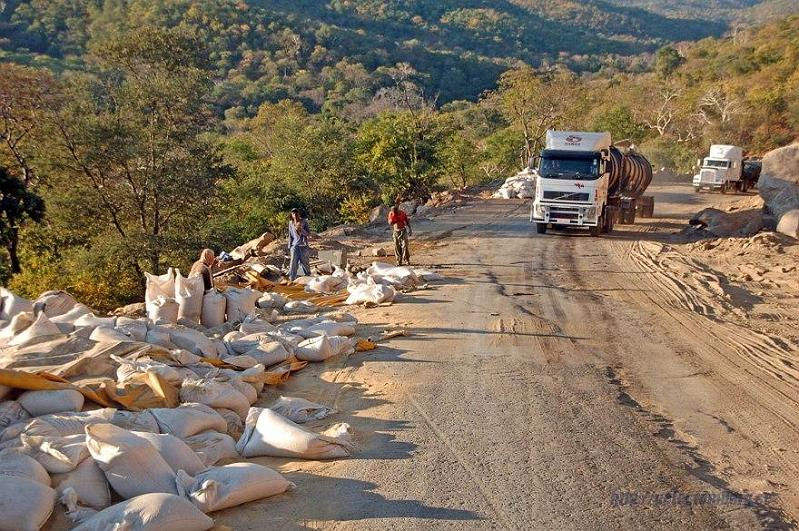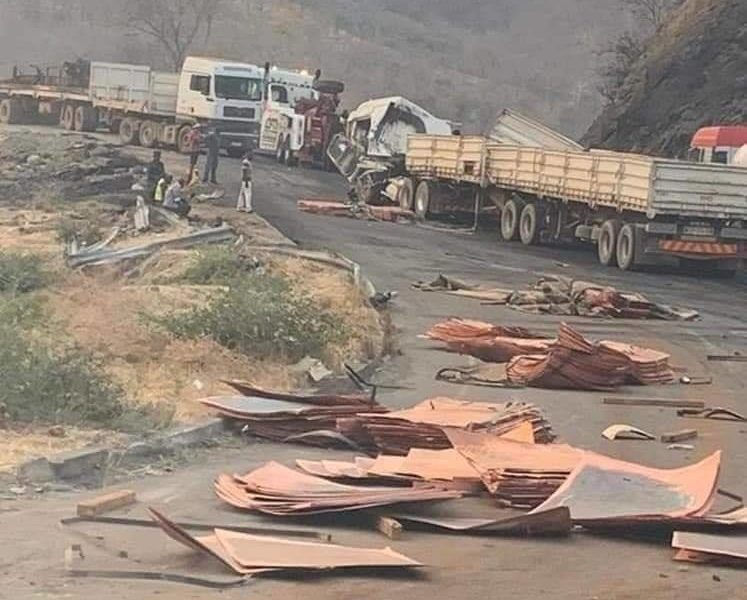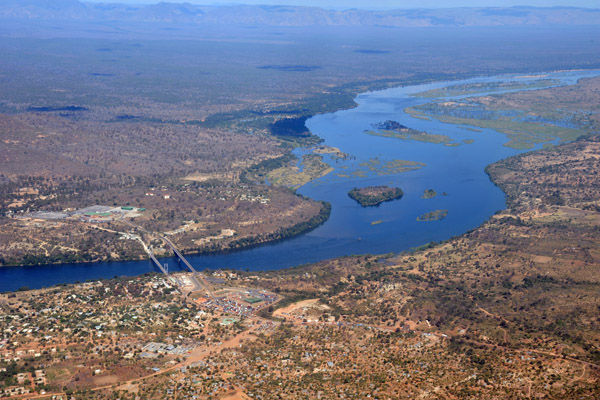
On posting last week's blog a couple of readers correctly contradicted me by informing me they had returned to where they considered home, being happy they had done so. They were talking more about the country rather than the specific location, but close enough to contradict my stated views last week. There are always a few that are the exception to the rule. In addition, I received feedback from others on the regret they had on returning to what they considered their roots or a place they had found happiness in earlier life.
“There is no lonelier feeling than being a stranger in a place where you once considered home.” - Peter McSporran
It is sometimes very difficult to achieve, many people have a great desire to retire near the place of their birth or where they spent their childhood. I presume it is especially true if you were very happy in your formative years. All of us reflect on good and bad times, with history and hindsight there to correct us on what it was really like if we pay heed. For me it was the place of my childhood I missed, rather than the people, as at an early age there were few children around, the few not within walking distance for spontaneous childhood meetings. Although very enjoyable, my time was spent with adults, mainly farmworkers who were very kind and tolerant to the boss's son. I also really enjoyed my time at college, it was wonderful, yet Britain at the time had power cuts coupled with much industrial strife. I was happy but the country was in turmoil with more pain to come.
“History does not change my happy memories but makes me reflect more on the actual truth surrounding my past.” - Peter McSporran
It seems now people want to change our history, condemning many who were either great entrepreneurs or leaders of their time. Their endeavours in many cases contribute to our present-day well-being. Unfortunately, although their actions may seem repugnant to us now, the truth is they and the events around the time of their life cannot be changed. You cannot back-date the rules to suit our newfound sensitivities of today, that is how it was. Good or bad. What may be called repugnant now was in fact a critical part of our development. What is true though is that we should learn from those sad events from our history. You do not have to look back on your history with pride, you should however accept it. The problem is, in my view, we rarely seem to learn from history. Imagine if we change history, which would even confound the truth even more. How on earth would we be able to reflect and learn from that? Falsehoods in the form of hidden truths would only create bigger falsehoods. That does not seem to worry a sector of our communities anymore. Life is hard enough understanding our past. Without our historical facts to support and guide our present and future action where would we be?
Counting Stars
My CT scan was carried out this week. I presume due to the backlog caused by Covid-19, I had mine done at the pediatric hospital at Coimbra University. Yes, wonderful murals on all the walls to entertain the children, even the inside of the CT scanner had animal paintings and stars to keep the children amused while in the machine. I am sure they help the children to relax, it worked for me. I spent my time trying to count the stars on the inside of the machine. I now await the results which will be a strong indicator on the success of my surgery.
More College Antics

We soon settled into the routine of college life in that first year at Auchincruive. I found my roommate Mike Clerk was a man after my own heart, even though he was an ex-Merchiston Schoolboy. Together, we managed to fill our room’s rubbish bin with empty beer cans on the first night of residence. Our efforts were enhanced by several visitors and new friends. Mike was from Lanark, his father being the Managing Director of Lawrie and Symington, the premier livestock auctioneers in Central Scotland. Most farming people in Scotland would have done business with his father, Ian Clerk, or at least known of him. Lanark was renowned for its Blackface sheep sales and my father bought and sold tups (rams) there. Unfortunately, more buying than selling. Perth was where the Aberdeen Angus bulls were bought and sold while Castle Douglas catered for the Galloway cattle.
We were to find we had a reasonably diverse group on our course with many Irish and English students but few from other continents. Things have very much changed since those days. Also as stated last week there were only two girls. Equally, we had only one female lecturer if I recall. There were a number of female laboratory assistants, once again things have changed for the better with females being much more prominent in the academic world on both sides of the lectern.
The other thing that was strange on reflection was the only team sport played at Auchincruive was rugby. I am sure there would have been many footballers and hockey players, so why did they not form teams? There was also badminton, tennis and snooker all social with only internal competition, unlike rugby which had a full fixture list both against college and clubs. I do not think the college promoted rugby especially, although it had one of the worst rugby pitches in the world. On building the pitch, they did not install drainage or replace the topsoil when they levelled the playing surface. After a few games at the start of each season, the pitch became a clay quagmire leaving us to find alternate pitches. Luckily, Ayr Council had many pitches, but it spoiled the feeling of playing at home with a few fellow students offering support at our home games, probably not knowing where we were playing on any particular Saturday. The only pitch worse than ours we came across was at the Glasgow Police Club. We did not really have a game there, rather a street battle with six-foot-plus bobbies intent on kicking our heads in rather than playing with the ball. Mike Clerk, my roommate, our flyhalf was especially picked on that day. Not only did we survive, we won although battered and badly bruised. They went on to outdrink us in the bar. It is not an easy feat to beat students in downing beers. Some of our team at times had trouble finding the venue. Mike Clerk luckily was a talented rugby player, so we shared a real, extramural interest in the sport, happy to play the game whenever possible and travel to Edinburgh to watch the Internationals at Murrayfield. We would organise a coach to take us there allowing for trouble-free consumption from boarding the bus until returning early on Sunday morning. We had very tolerant coach drivers. One time, one of the Irish members of our team took his car to watch Ireland beat Scotland. Big mistake. After celebrating the win, he decided to drive to his lodgings and on carrying out a U-Turn on Princess Street, he managed to collide with six cars. Needless to say, he lost his licence and on completion of the course emigrated to New Zealand where he went dairy farming using an international licence. Rickie Hart was not only a great character, he was also a very smart guy.
Rugby training and rugby matches followed by the usual beers filled in two of our days each week in the Autumn and Winter terms. Rugby also allowed us to meet people from the other courses. Our most ambitious trip was to go to Dublin by boat and train to watch the Scots take on the Irish. We had a game against UCD who easily beat us due to the rigours of the journey. Maybe if they had kept the bars closed, we would have been less fatigued for the game. Rugby has changed so much with multiple giants running around the pitch throwing their bodies at each other. Fitness was not so important in my day; players were commonly exhausted by half-time. In those days while competitive, it was more of a social event with celebrations, win or lose, lasting well into the night following a game.
In the first few weeks at college, we students in groups of 5 or 6 were given a tutor for ensuring our well-being and offering guidance in our time at college. Our tutor at our first meeting told us that passing first-year exams were just not good enough to get into second year, you had to be in the top 70% of the class. This was to give us some incentive to at least attempt to attend lectures and diligently study. It did for the first two months, but the enthusiasm for study drained as our enthusiasm in honing our skills in partying increased. We also found time to travel to Young Farmers Club dances throughout the length and breadth of Scotland. We could be found at dances as far afield as Edinburgh, Perth, Stirling, Falkirk, often staying overnight with some fellow student friends, and surprised parents knowing only of our stay on our arrival at the front door. Beyond Mike, in my first year, three students became close friends, the late Harry Bennie whose family farmed at the Doups Farm, up in the hills near Denny, Robert Ingles whose family farmed, and still does, at Dalachy Farm. Aberdour, Fife. The third guy was Willie John Gillespie, a pig farmer's son from Londonderry. When I stayed with Harry's family his father made us work in the coldest, most miserable conditions I ever encountered laying clay pipe drains. Fingers and feet both immersed in freezing water from before dawn until after dusk. The Doups was a livestock farm up in the exposed hills of Denny Moor overlooking industrial central Scotland. It was exposed to both East and West raw weather. It was a bloody freezing place requiring warm socks and wellington boots even in the height of summer. The Bennies were wonderful hosts nonetheless, and I was always welcomed. The Inglis family also put up with me, I even did a lambing for them in my second year at college for which they paid me. Here, I was also always welcome. Harry unfortunately was killed while driving a livestock truck some 25 years ago, while Robert went farming in Yorkshire. Willie is now retired after running the family business for many years.
I learned I had failed botany at the end of my first year and had to re-sit it, notwithstanding I returned for my second year following our mid-college practical which I did along with Mike at Moray Estates, Doune, Stirlingshire. More about that and college life next week.
Some Light at the End of the Funding Tunnel

Throughout the time we were looking for funding John Knight spent time with me, much to my gratitude. Once it became obvious that we would not receive any soft money or development money he resorted to looking at traditional lending houses, banks. Zambia in the early nineties had seen interest rates surge to more than 50% either breaking its farmers or making the survivors loathe to borrow money. This occurrence left many farms vacant, in fact almost abandoned to be taken up by people with little knowledge or finance to continue operations. This made land with titles under 99-year leases available. Meanwhile, we had put together a team to gauge the interest of Zimbabwean farmers in joining such a scheme and a team in Zambia to continue looking at funds and land available for lease. We never expected to raise the money to buy farms outright. John Knight and Sharna Farquar, who worked with us in Harare with me joining them from time to time when bigger groups were organised. Often my attendance was requested at the meetings which saw me travelling by road most weeks to and from Lusaka. across the Zambezi River at Chirundu. Chirundu being a favoured fishing spot in happier times.

At that time the escarpment road was in poor repair, breakdowns and accidents on the road were common. Many hours were spent on the road as overladen vehicles were recovered from some horrific accident. Even a breakdown would attract hundreds of baboons to raid the maize laden trucks often in the midst of the many vehicles held up each time. If the cargo of the vehicles involved in an accident was consumable, such as groceries destined for the South African owned supermarkets in Lusaka or other moveable items of value such as fertiliser, cool drinks or mining supplies for the Copperbelt, this attracted human scavengers from far. Few people actually lived on the escarpment at that time but when I say hundreds would appear from the hillsides, I am not exaggerating. Even when you stopped for a pee a happy smiling face would appear.

With the help of Vice President Kavindele, the banks were willing to talk to us much to the chagrin of existing local farmers who thought we may possibly get softer rates than them. Eventually, Barclays Bank offered to supply annual working capital and hire purchase for tractors if we could find the capital required for the farm development. As tobacco was the only high-value crop capable of supporting a farming business with exceedingly high gearing, we turned to the tobacco companies who were concerned they would lose access to good quality tobacco with the demise of the white farmer in Zimbabwe. Eventually Vernon Cole, the Regional Director of Zimbabwe Leaf Tobacco (ZLT) bought into our proposal and agreed to fund tobacco curing equipment along with irrigation specifically for this crop. I deemed it too risky to go farming without irrigation by that time. So, we had Barclays willing to lend us working capital with the provision that ZLT would fund the long-term loans and the tobacco company was willing to lend us if the bank came on board. We required their joint agreement obtained after intensive negotiation. I, in the meantime, had formed a company called Agricultural Advisors International (AAI) registered in Zambia to make our operations formal in Zambia. Up until this time I was self-funding, personal funds were fast ebbing. The bottom of the barrel was now visible. After much negotiation with the aid of John we got the parties to agree to the scheme with us carrying out the following tasks for a fee paid by any farmer who wanted to become part of the scheme. Our role included identifying interested tobacco farmers with excellent tobacco production figures, these supplied by the Zimbabwe Tobacco Association, bank references, identifying farms suitable for the scheme and once on the ground, supply business models and agronomy advice. Further, we would be required to monitor expenditure and income. Lindsay Cook of Atherstone and Cook, Zimbabwe put the umbrella agreement in place while Corpus Globe, with Mwelwa Chibesakunda and Elias Chipimo representing the bank and drafting up the template and implementing the lease agreements. Both these companies work for us and proved critical in the success of the scheme. It was hoped Ernst and Young would look after the farmers' accounts with Led Smit moving to their Zambian office to do this. Chris Thorne joined me at AAI as a partner, and we put together a team to work out of Lusaka. This included Craig McMillan administration, Dr. Rob Garvin, Agronomy. Now the work really began, after two years of travel, heartbreak, and adventure.

Disclaimer: Copyright Peter McSporran. The content in this blog represents my personal views and does not reflect corporate entities.
Comments